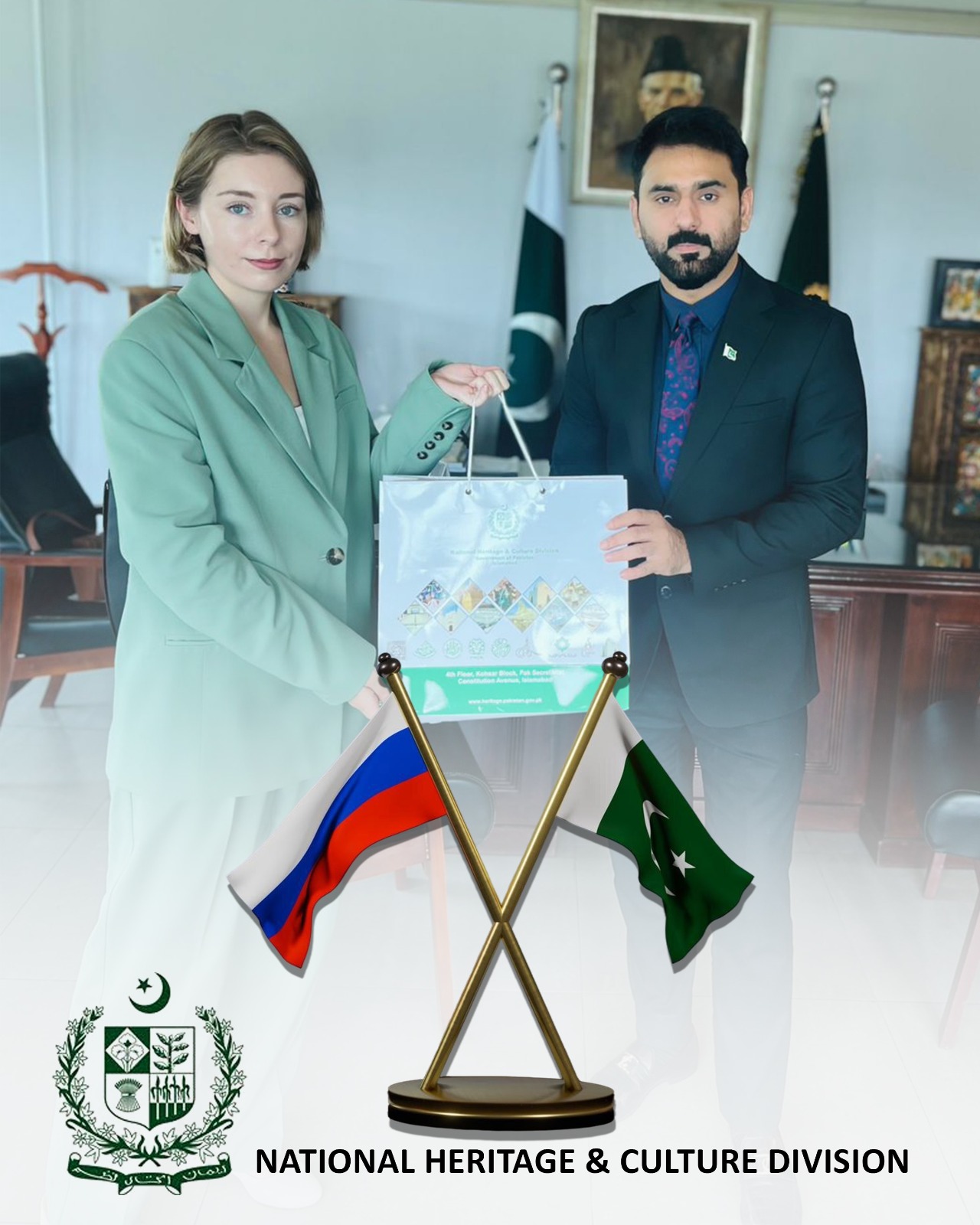By editor
Copyright thisdaylive

For years, a common phrase has echoed in workplaces and social spaces across Nigeria: “women are their own worst enemies.” It is often said with confidence, and used to explain away instances of rivalry, jealousy, or conflict among women.
Over time, this idea has hardened into a stereotype—that women cannot genuinely support one another, especially in male-dominated spaces like politics or the civil service. But is this really the truth?
The myth suggests that women are too competitive, too suspicious, and too insecure to work together effectively. Popular culture and even casual conversations reinforce this image, often pointing to stories of envy in offices or clashes in leadership roles. Unfortunately, these stories overshadow the many quiet, everyday realities of women lifting one another up.
The real story is very different. Nigerian women have always had deep traditions of solidarity. From market women’s associations to esusu cooperative systems, from grassroots mobilizations to professional mentoring, women have worked together to empower families and communities. The reality is that women supporting women is not rare—it simply does not get the visibility it deserves.
As someone who has served for over two decades as a civil servant, I have lived both sides of this narrative. Some of my best professional experiences came under the leadership of remarkable women. Dr. Amina Salihu, Hadiza Abdullahi, and Mrs. Alice Achu were not just bosses to me—they were mentors. They challenged me, encouraged me, and opened doors that helped shape my career. Their style of leadership was defined not by rivalry, but by grace, professionalism, and a willingness to see others succeed.
I have also had the privilege of working alongside colleagues like Halima Bagudu, whose spirit of collaboration has been a source of strength. Together, we shared knowledge, supported one another, and built bonds that went beyond the demands of our roles.
Of course, there were moments when one or two women saw me as competition. But I made a conscious choice to respond differently—by complementing their efforts and assisting wherever I could. I have always believed that lifting another woman does not diminish me; it strengthens us all.
Why the gap exists: The gap between the myth and the reality often lies in what society chooses to amplify. Rivalries are sensational and attract attention; solidarity, on the other hand, is quiet, steady, and less visible. Add to this the structural barriers of patriarchy, underrepresentation, and scarce resources, and women often find themselves pushed into survival mode. In such contexts, competition is sometimes magnified while collaboration goes unnoticed.
If Nigeria is to move beyond “much ado” and confront this stereotype head-on, we must begin to celebrate the stories of women who support women. Media should highlight examples of mentorship, partnership, and shared success among women. Institutions should reward collaboration, not just individual achievement. Most importantly, women themselves must continue to create safe spaces of trust where healthy competition exists, but collaboration is the standard.
Women supporting women in Nigeria is neither a myth nor an exception—it is a living reality. The challenge is to amplify it, to institutionalize it, and to let it inspire the next generation of women leaders. My own journey, shaped by extraordinary female mentors and colleagues, is proof that when women lift one another, we all rise higher.
Mrs Jumai Ahmadu PhD., Ag. Director Reform Coordination and Service Improvement Department FCTA, and Founder Helpline Social Support Initiative



